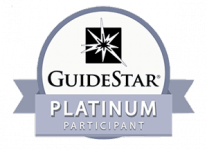This December, The WASH Foundation attended the Global Hygiene Symposium in Singapore, which was organized by Chatham House and the Reckitt Global Hygiene Institute (RGHI). This important seminar brought together researchers, policymakers, and practitioners to discuss the need for collaboration and integrated approaches in our efforts to improve global health and hygiene.
The symposium worked to define the broader scope of hygiene in development, explored the economic impact of poor hygiene, and placed priority on the planning, execution, and budget required to make it happen. While the immediate benefits from such planning, budgeting, and execution can be seen in health outcomes, other societal benefits can potentially accrue from observing good hygiene practices. As The WASH Foundation strives to improve the quality of life of vulnerable populations through increased access to safe water, sanitation, and hygiene (WASH), attending symposiums is integral to enhancing our knowledge and approach.
SDG 6, which The WASH Foundation follows closely, omits the word hygiene in its goal to “ensure availability and sustainable management of water and sanitation for all.” However, this symposium brought hygiene back to the center of the SDG 6 discourse.
Besides this, it was a pleasure for The WASH Foundation to meet several participants, specialists, and thought leaders in the field. David Wheeler, Executive Director, RGHI, has taken the lead in bringing back focus on hygiene, and we hope this symposium is the start of placing hygiene back in the international development discourse.


